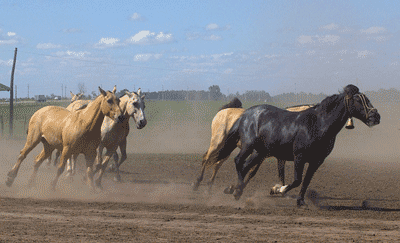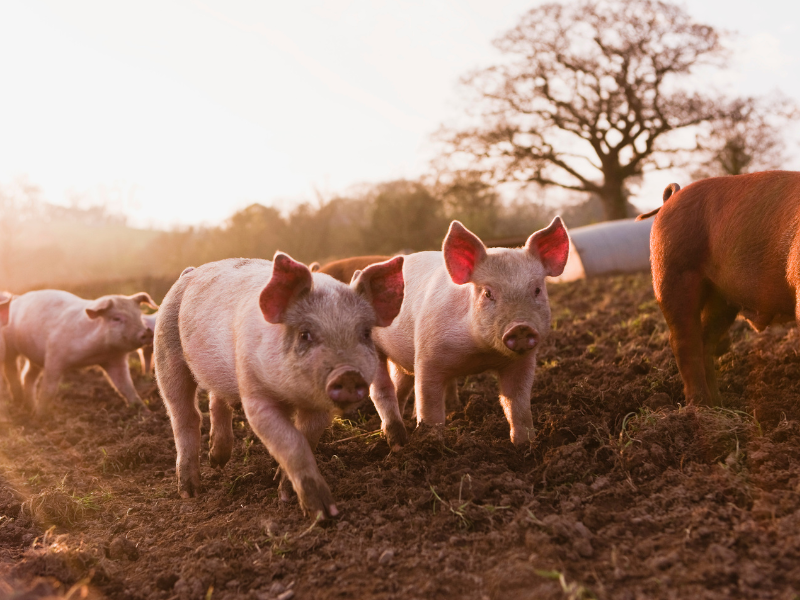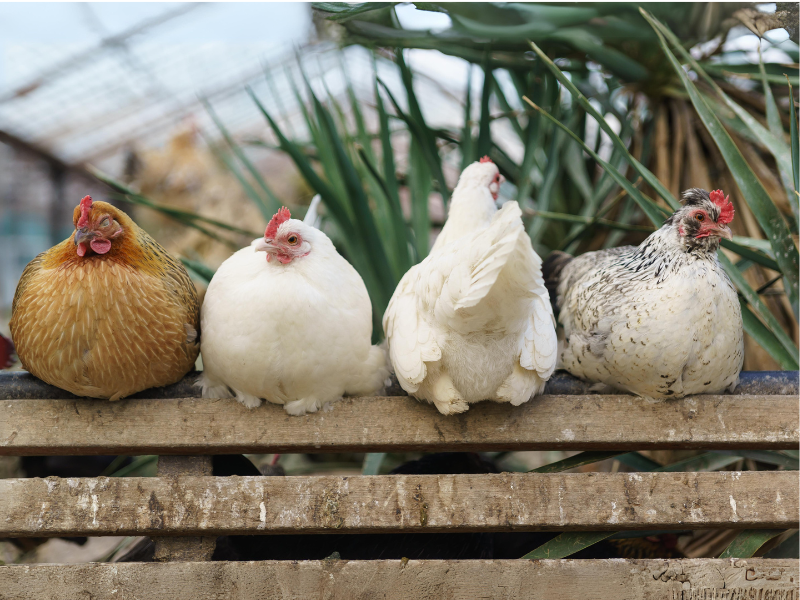For homesteaders or those preparing for natural disasters, economic downturns, or other challenges, keeping horses is a practical and strategic choice. Horses, historically vital for transportation and farming, remain a valuable asset today, especially in scenarios where fuel-powered equipment might become unavailable.

Beyond their practical uses, owning horses offers opportunities for bartering services in exchange for essential resources. However, keeping horses requires proper planning and care to ensure they remain healthy and useful.
Buying the Right Horse
- Purchase trained horses to avoid the challenges of breaking them in.
- Older horses can be excellent choices for calmness and experience.
- Request a trial period before finalizing your purchase.
- Avoid auctions unless you have significant experience evaluating horses.
Providing Shelter and Space
Your horse needs a suitable environment for exercise and rest. Ensure the following:
- A corral or pasture for movement and grazing.
- Shelter options, such as:
- A stable with stalls (10'x10', 8 feet tall, doors at least 4 feet wide).
- A three-sided, roofed structure.
- A stand of trees for shade and weather protection.
- Maintain cleanliness and good ventilation in the shelter.
Feeding and Hydration Essentials
A typical 1,000-pound horse eats about 22 pounds of feed daily, including pasture, hay, and grains:
- Hay: Ensure it’s mold-free, dust-free, and stored properly.
- Grain: Required for young, older, or working horses. Adjust based on activity levels:
- Light work: 1–1.5 lbs/hour.
- Medium work: 1.5–2 lbs/hour.
- Heavy work: 2–2.5 lbs/hour.
- Provide constant access to fresh, clean water—10 to 15 gallons daily.
- Prevent water freezing in winter with heating or circulation systems.
- Supply a salt block to support hydration and nutrition.
Health and Maintenance
Proper care ensures your horse remains in excellent condition:
- Establish a relationship with a livestock veterinarian for routine care.
- Schedule annual dental checks and vaccinations in spring.
- De-worm your horse several times a year.
- Regularly clean and examine hooves, consulting a qualified farrier for trimming and shoeing advice.
Why Horses Are Valuable
In a post-collapse scenario, a well-cared-for horse provides reliable transportation, assists with farming, and supports sustainable living. For further insights, explore books on raising horses.
Share Your Experience
How do you incorporate horses into your homesteading or preparedness plans? Share your tips and experiences in the comments below!














